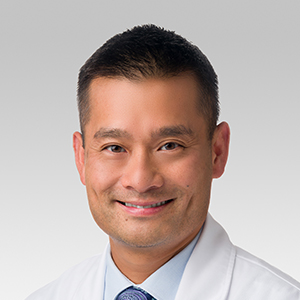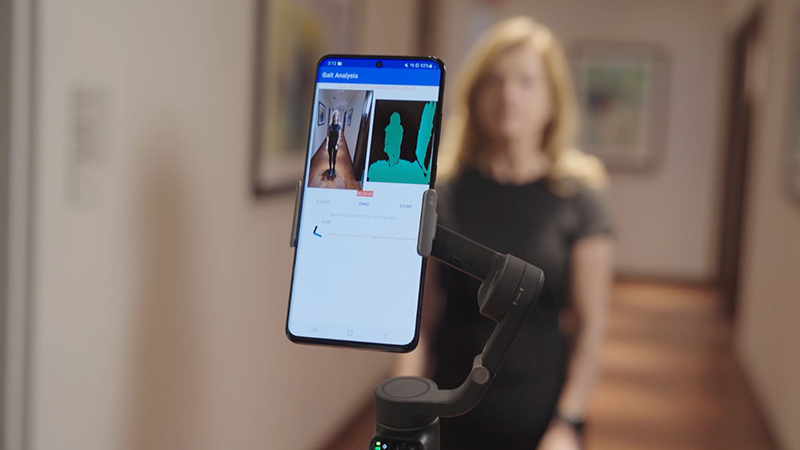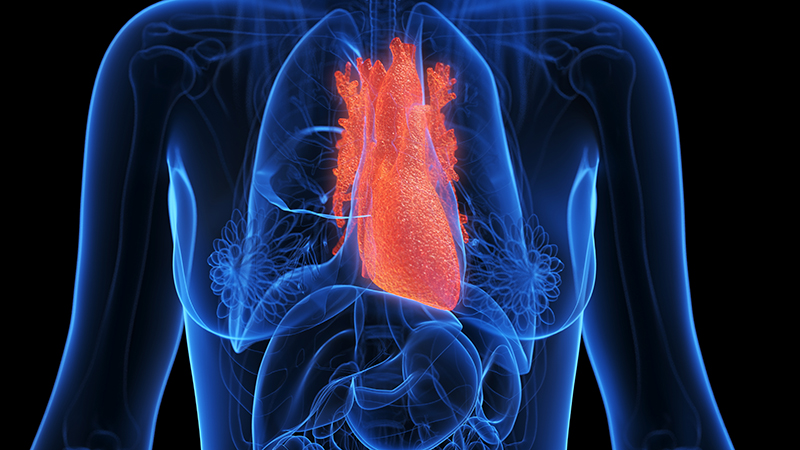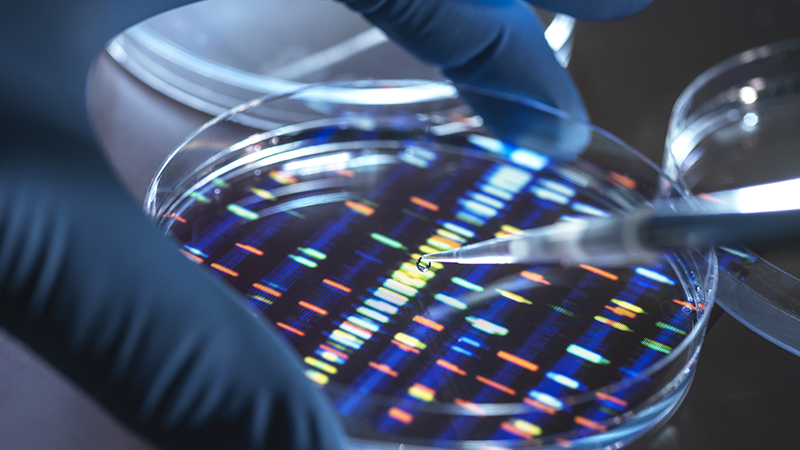How Do Fecal Transplants Work?
Effective Treatment for C. Diff Infection
Published May 2023
You have more bacteria in your digestive tract than cells in your body. Most of that bacteria keep you healthy, but sometimes harmful bacteria can overgrow in your digestive tract causing you to become sick.
Clostridioides difficile (C. diff) is a type of harmful bacteria that can overgrow in your digestive tract, causing diarrhea and inflammation of the colon. C. diff infection can be very serious.
Being able to manipulate the gut microbiome is really important.— Eugene F. Yen, MD
- C. diff causes almost 500,000 infections in the United States each year.
- One in 11 people over age 65 diagnosed with a C. diff infection in a healthcare setting will die within one month.
Normally, the first line of defense against bacterial infections is antibiotics, which are medications that kill bacteria. However, C. diff is often caused by antibiotic overuse. When you take too many antibiotics, they can sometimes kill the good bacteria in your body, allowing bad bacteria like C. diff to flourish. While there are several effective antibiotics used to treat C. diff, recurrence of C. diff is common.
- When you get an initial C. diff infection, your likelihood of getting it again is 30%.
- If you get a second infection, your likelihood of getting it again is 50%.
- If you get it a third time, you are 70% more likely to get it again.
Eugene F. Yen, MD, a Northwestern Medicine gastroenterologist, was one of the first people in the U.S. to pioneer a new and effective treatment option for recurrent C. diff infection: Fecal transplant.
“Transplanting stool into someone’s colon is by far the most successful thing that I do in all of medicine,” says Dr. Yen. “Fecal transplant is a really powerful solution for recurrent C. diff infection.”
How Fecal Transplants Work
A fecal transplant procedure is usually performed during a colonoscopy.
During a fecal transplant, you will be sedated with anesthesia, and a gastroenterologist uses a scope to insert liquified stool into your colon through your rectum.
The stool is from a centralized and authorized stool bank in the U.S. that tests the stool samples to make sure they don’t contain harmful diseases like HIV and hepatitis. This is like the testing done on blood donations to make sure they are safe to transfuse.
Fecal Transplants Are Highly Effective for Treating C. Diff
In a groundbreaking study on fecal transplants for C. diff, published in The New England Journal of Medicine, over 80% of participants were cured of C. diff after they received a fecal transplant.
“These initial studies blew it out of the water,” says Dr. Yen. “There was a 50% improvement between fecal transplant vs. standard treatment with antibiotics. They had to stop the study because it would’ve been unethical to continue treating the control group of patients with antibiotics after seeing how effective fecal transplant was.”
In another nationwide study in which Dr. Yen participated, 90% of study participants were cured of C. diff infection within one month after fecal transplant.
Are Fecal Transplants the Future?
So far fecal transplants have only been effective for treating C. diff, but Dr. Yen says this research has helped change the way we think about the gut microbiome and overall health.
“I think being able to manipulate the gut microbiome can be really important,” he says. “While our understanding is still quite primitive, many autoimmune and neurological diseases may have a connection to the gut microbiome, so understanding how we can change the gut microbiome is potentially a vision for the future of gastroenterology.”






